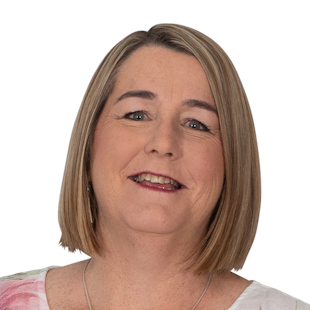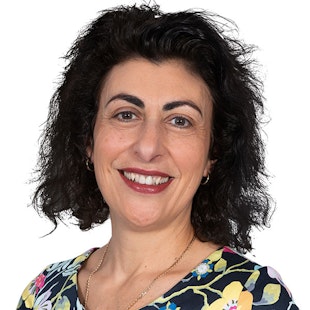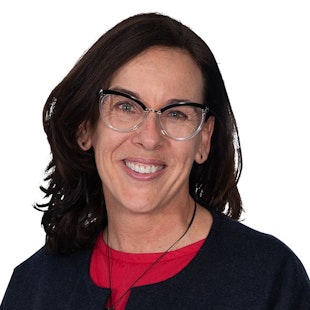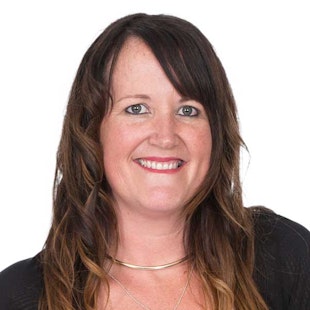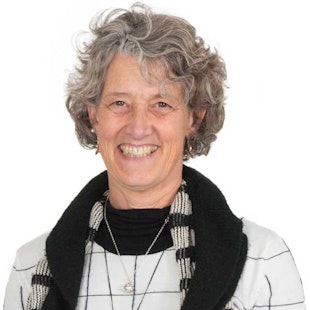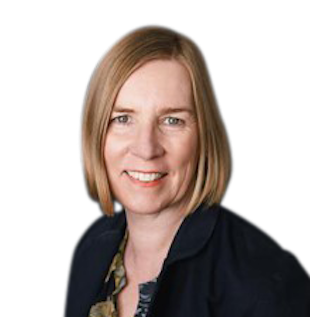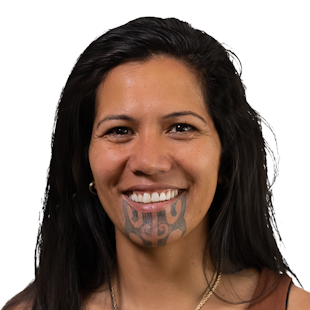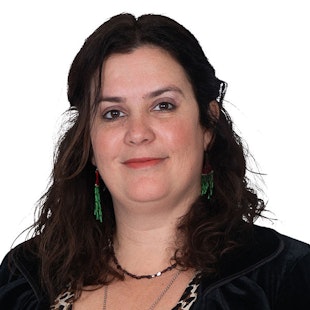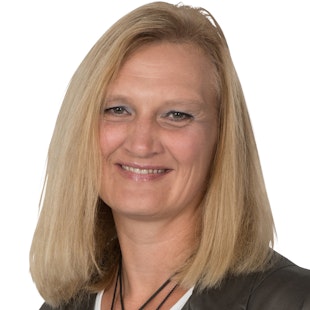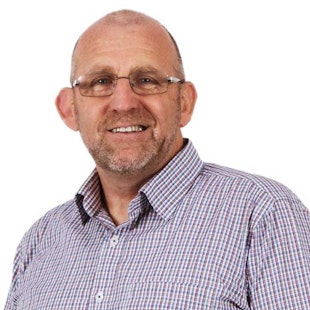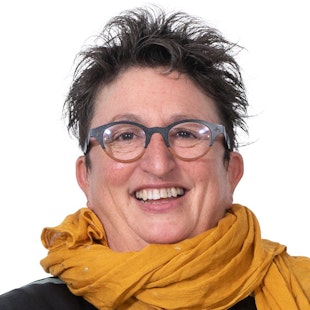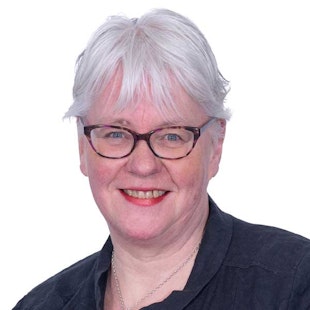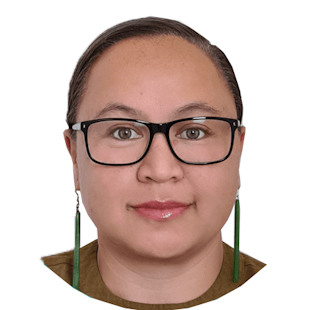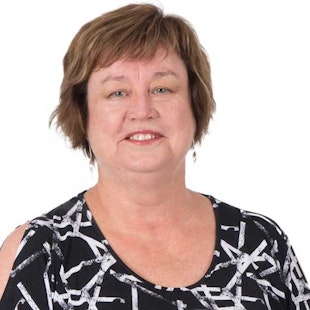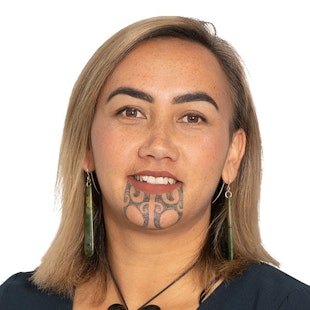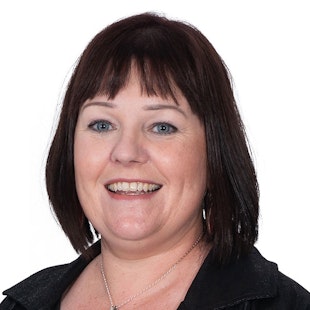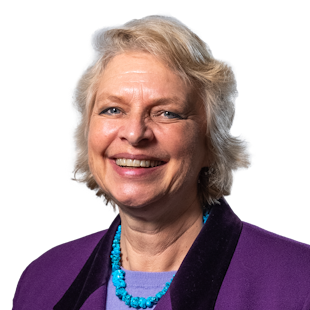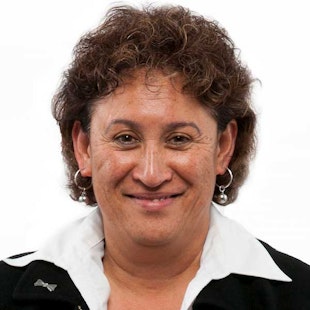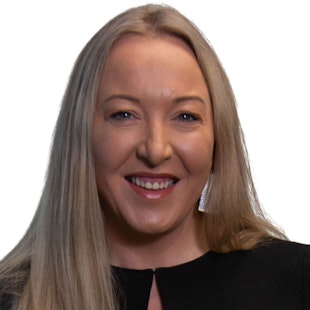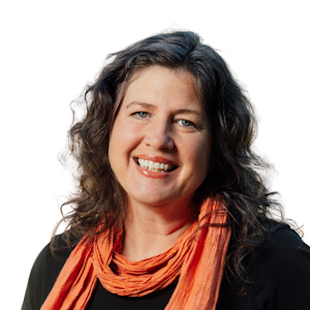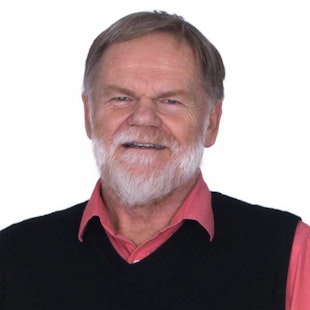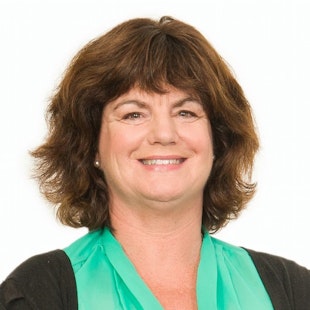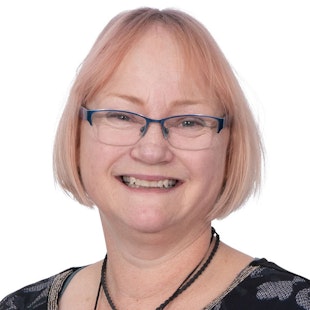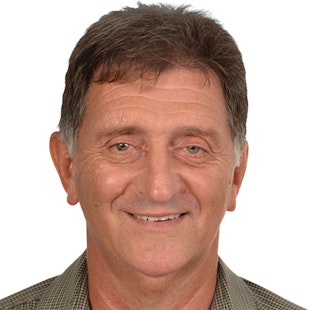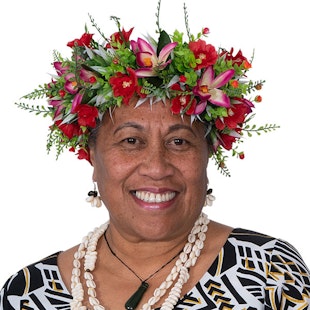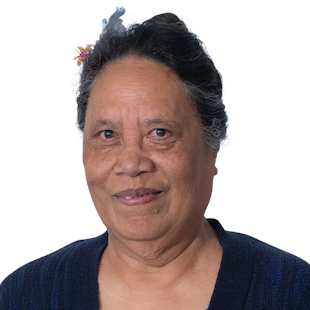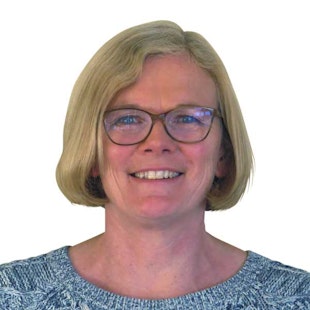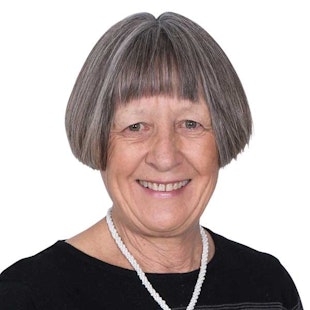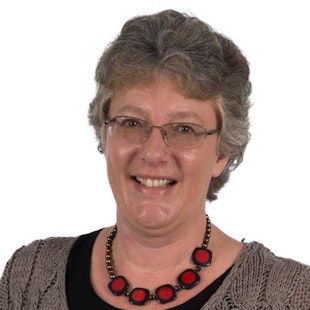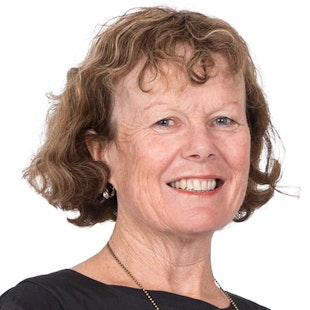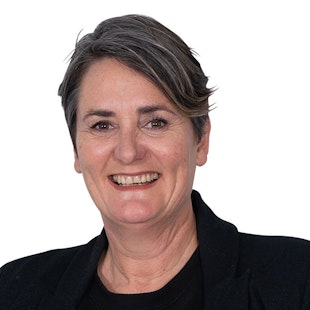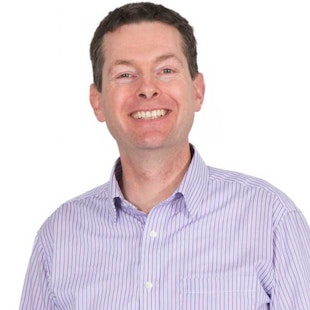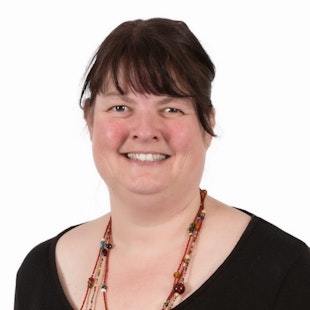Bina
Kachwalla
Accredited Facilitator (English-medium)
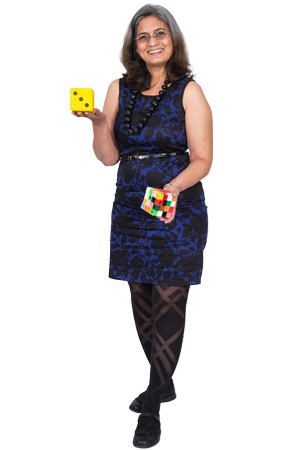
Qualifications
Master of Education – Victoria University of Wellington
Bachelor of Education – University of Bombay
Diploma in Teaching – University of Auckland, Auckland College of Education
Professional profile
Bina’s expertise and interests lie in mathematics education. She has considerable experience in co-constructing with schools professional development solutions that are soundly based on current research and evidence that supports the core principles of the New Zealand Curriculum. As a mathematics consultant, her role in schools is to support leaders to build and sustain professional learning communities that enable teachers to grow their capability. She has presented at conferences and symposia in New Zealand and Australia, including PMA, AMA, NZAMT, MERGA, MAV and ULearn20.
Bina believes in flexible grouping (de-streaming) to enhance mathematics learning in classrooms. In 2021, her paper Making Math Accessible to All Students: Effective Pedagogy? was published in the Journal of Higher Education Theory and Practice. When delivering professional development in schools Bina explores teacher beliefs about education; outlines norms to create a conducive classroom climate for learning; explores the notion of orchestrating classroom discussions; and encourages teachers to design challenging low-floor high-ceiling tasks that allow access for all students. During lockdown, she conducted effective on-line webinars with school communities.
Expertise
Mathematics and Statistics
Numeracy
Key competencies (including social and emotional learning)
Collaboration/Kotahitanga is the key to learning
Supporting schools / Kāhui Ako to:
- develop learning environment which is conducive for collaboration
- have robust discussions on improving teaching practice and reflecting on teaching practice while working with others colleagues
- develop communities of learners who, like mathematicians, work collaboratively to solve problems
- develop student agency
- understand that developing emotional intelligence is important to create balance in student learning.
Effective mathematics pedagogy: Rich learning opportunities / Akoranga rangatira
Supporting schools / Kāhui Ako to:
- understand mathematics curriculum specialty strands to deliver quality teaching through challenging tasks
- orchestrate classroom discussions by creating a conducive climate in which students start thinking, discussing, proving, sharing their ideas to solve problems
- de-stream classroom groupings to promote and strengthen equality and justice
- analyse assessment practice to inform teaching and learning
- use interventions to accelerate students’ learning.
Inquiry learning
Supporting schools / Kāhui Ako to:
- self-review and reflect on their own practice and improvise regularly
- develop inquiry team to monitor and regulate student achievement through teaching as inquiry
- support leaders and teachers to work collaboratively through the inquiry process.
Facilitation experience with leaders
Bina works alongside the school leadership teams to carry out a fine-grained strength/needs analysis and co-constructs action plans to implement and sustain PLD. She differentiates the PLD plan to meet the variety of needs within the school and she conducts regular meetings to review the plan to ensure quality delivery. The plans include curriculum reviews, analysis of student data and ways to establish a culture of collaboration to engage teachers’ and students’ learning.
Bina encourages teachers and leaders to use teaching as inquiry to investigate their reflective practices, focus on students’ needs and examine the impact of their teaching on all students with emphasis on priority learners.
Conference presentations, seminars and workshops, Papers
2013–2015: Primary Mathematics association teacher conference
2010, 2014–2015: New Zealand Association Of Mathematics Teachers (NZAMT)
2008-2016: Mathematics Teacher Symposia (Te Toi Tupu)
2020: uLearn conference, CORE Education
2021: “Making math accessible to all students: effective pedagogy?” Paper published in the Journal of Higher Education Theory and Practice, 2021.
